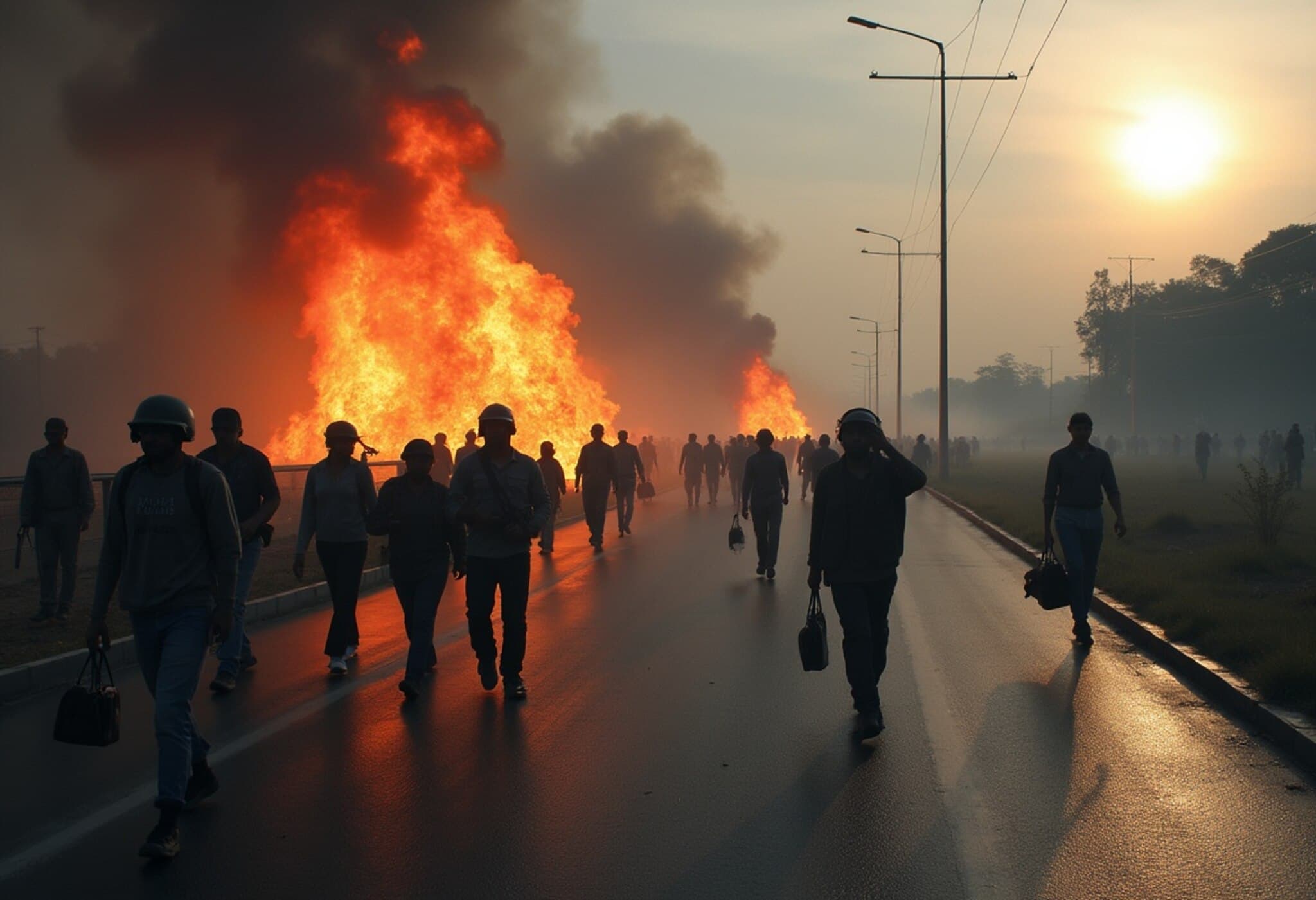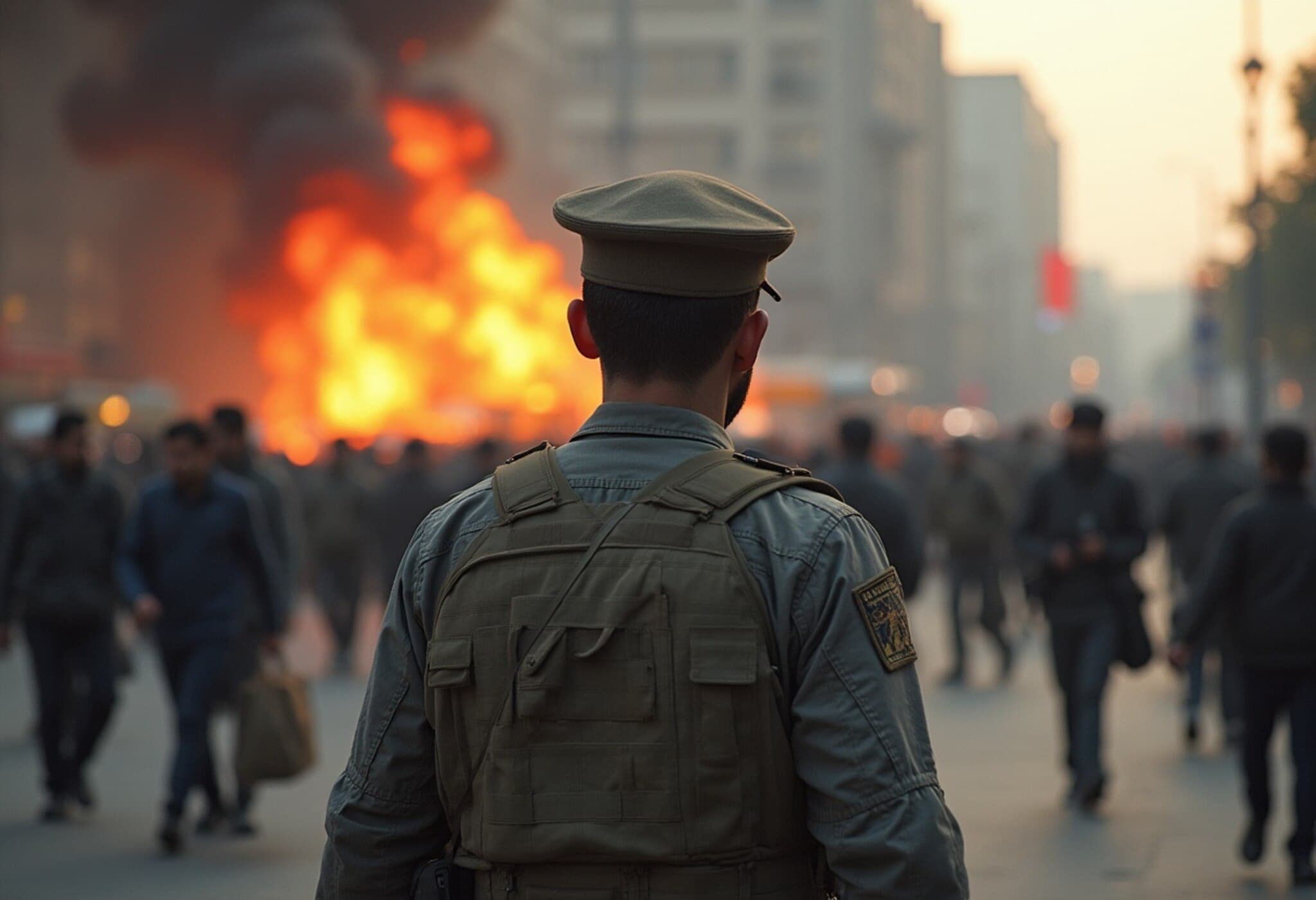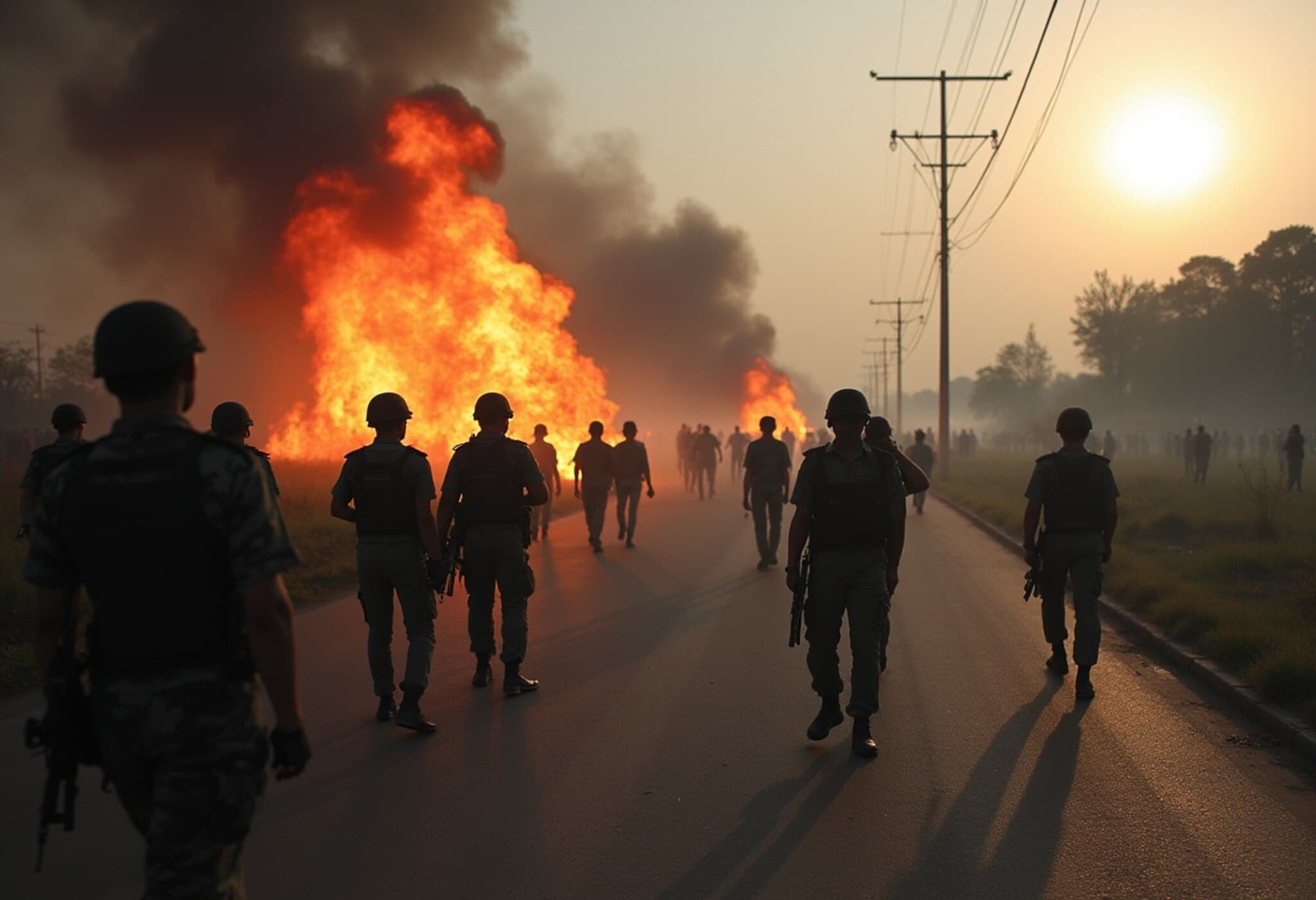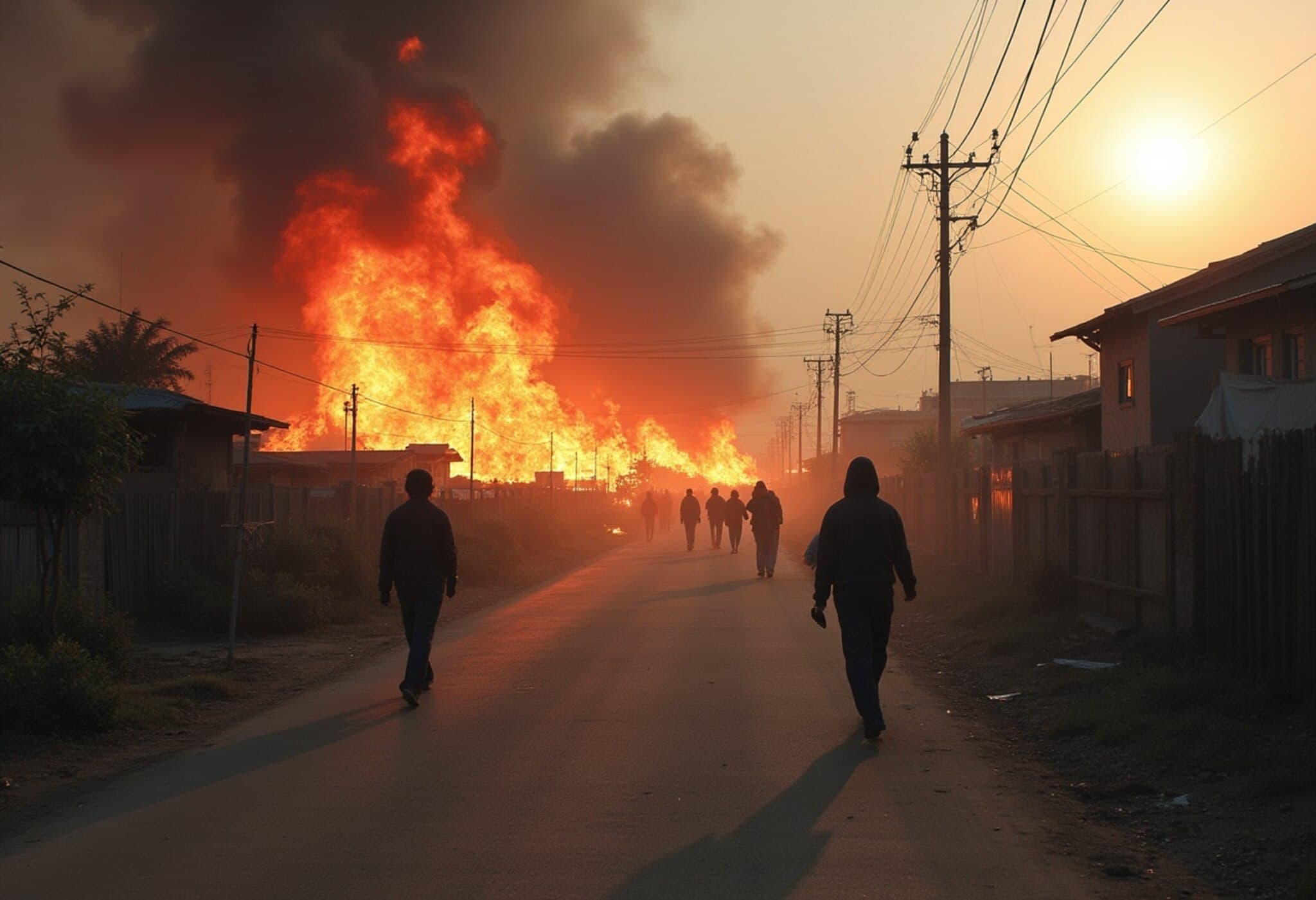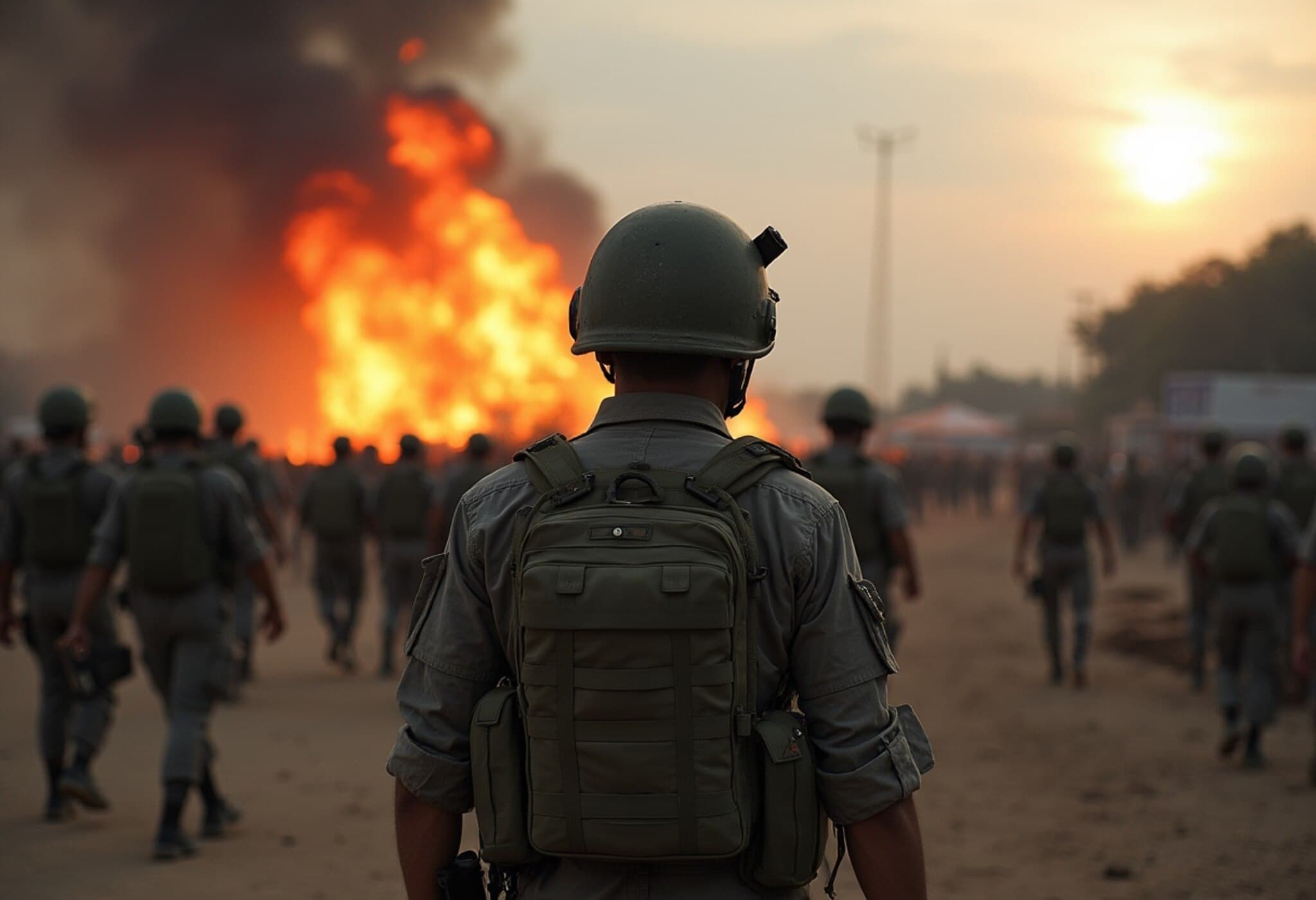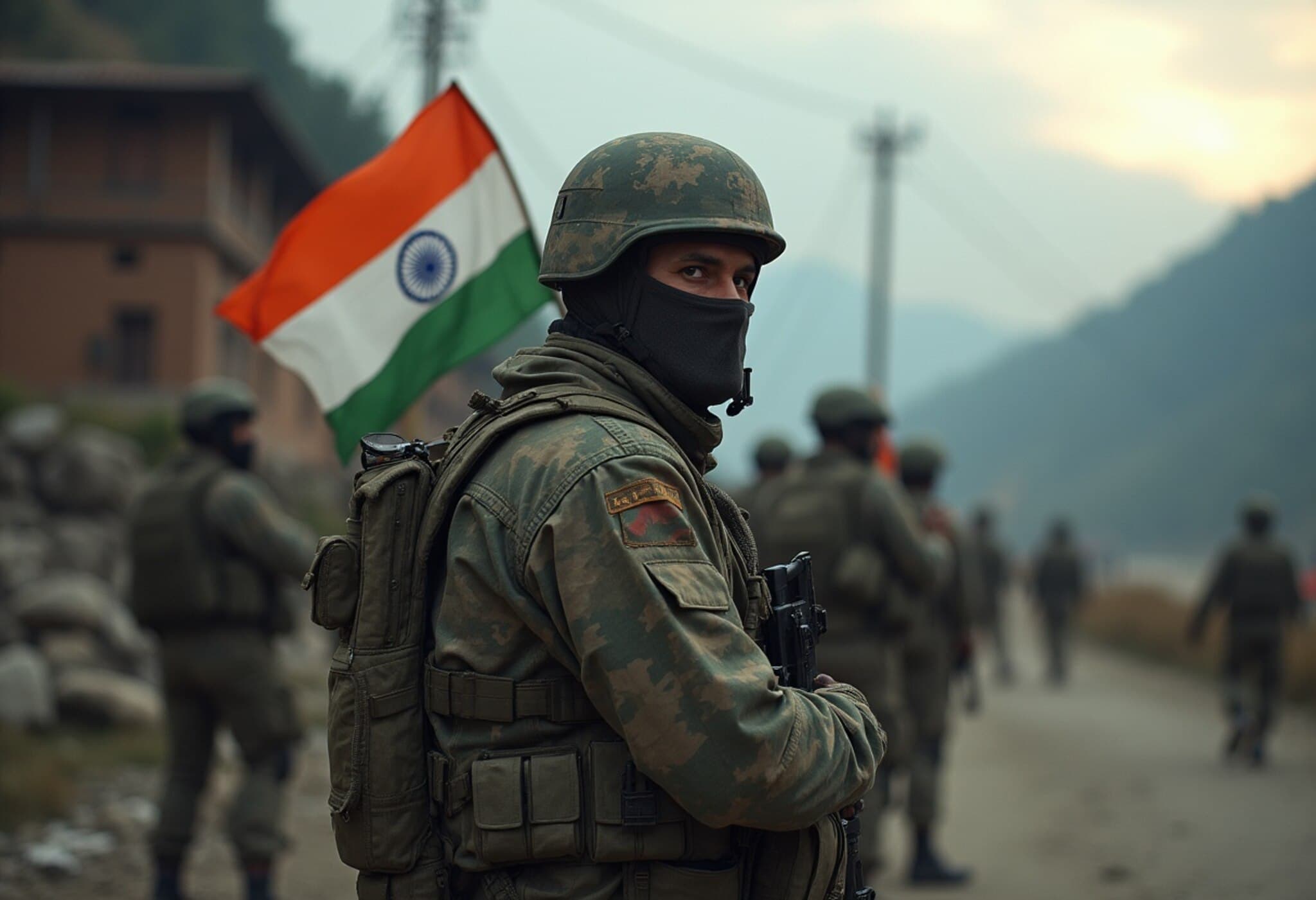India Issues Travel Advisory Amid Deadly Thailand-Cambodia Border Clashes
In response to the intensifying military conflict between Thailand and Cambodia, the Indian Embassy in Bangkok has issued a travel advisory urging Indian citizens to stay clear of several affected regions in Thailand. The advisory highlights ongoing violence along the Thailand-Cambodia border, marking the bloodiest confrontation seen in over a decade.
Recent Violence Spurs Safety Concerns
Over the past week, hostilities have escalated in disputed border zones, resulting in casualties among both civilians and military personnel. Thailand has confirmed 13 civilian deaths and one soldier fatality, with an additional 46 reported injuries. The attacks, which have even targeted civilian infrastructure such as hospitals, prompted Thai Public Health Minister Somsak Thepsuthin to denounce them as “war criminal actions.”
While Cambodia has yet to release casualty figures, the conflict has displaced more than 130,000 residents from border areas, forcing large-scale evacuations. Thailand’s Acting Prime Minister Phumtham Wechayachai warned of the severe ramifications: “This incident of aggression is escalating and could develop to the stage of war.” He emphasized that military operations are in defense of Thai sovereignty and territorial integrity.
Context Behind the Clashes
The recent flare-up began when troops exchanged fire in contested border zones, initially resulting in the death of a Cambodian soldier. Tensions heightened following a landmine explosion that injured five Thai soldiers — the second such incident this week. Thailand has accused Cambodia of laying these mines, a charge Phnom Penh denies.
Amid deteriorating diplomatic relations, Thailand has recalled its ambassador from Phnom Penh and expelled Cambodia’s envoy, signaling deepening tensions between the neighbors.
Areas Declared Unsafe: Travel Advisory Details
The Tourism Authority of Thailand (TAT) has officially urged tourists to avoid key border provinces where unrest is ongoing. The Indian Embassy echoed this call via social media, advising travellers to closely monitor updates from official Thai sources.
Visitors are explicitly discouraged from visiting the following regions and attractions due to security risks:
- Ubon Ratchathani: Phu Chong-Na Yoi National Park (Na Chaluai), Kaeng Lamduan (Nam Yuen), Chong An Ma Checkpoint (Nam Yuen)
- Surin: Prasat Ta Muen Thom/Tod, Prasat Ta Kwai, Prasat Ban Pluang, Prasat Phum Pon, Chong Chom, Phanom Swai Forest Park, Phanom Dong Rak border zones
- Sisaket: Khao Phra Wihan National Park (Pha Mo I Daeng), Chong Sa-ngam, Border areas near Kantharalak & Phu Sing
- Buriram: Chong Sai Taku, Ta Phraya National Park, Border zones near Ban Kruat & Lahan Sai
- Sa Kaeo: Ban Khlong Luek Checkpoint & Rong Kluea Market, Prasat Sdok Kok Thom, Border zones near Aranyaprathet & Khlong Hat
- Chanthaburi: Ban Laem & Ban Phat Kad checkpoints, Border zones near Pong Nam Ron & Soi Dao
- Trat: Ban Hat Lek, Ban Muen Dan & Ban Ma Muang checkpoints
Regional and Global Implications
This confrontation is not only a test of regional stability in Southeast Asia but also affects international tourism and diplomatic relations. Thailand is a key destination for Indian tourists and others worldwide; these developments may prompt countries to reassess travel plans and security protocols.
Experts note that border disagreements between Thailand and Cambodia have deep historical roots, often complicating diplomatic solutions. The recent violence underscores the fragility of peace even after years of relative calm and highlights the urgent need for conflict resolution and international mediation.
Editor’s Note
As tensions near the Thailand-Cambodia border escalate, the human cost and geopolitical stakes continue to rise. Indian travelers and the global community should remain vigilant and informed through reliable, official channels. This unfolding crisis raises critical questions about the efficacy of current border agreements and the role of regional organizations like ASEAN in defusing conflict. Monitoring developments closely will be crucial in understanding whether diplomacy can prevent further escalation or whether the region faces a deeper crisis ahead.

